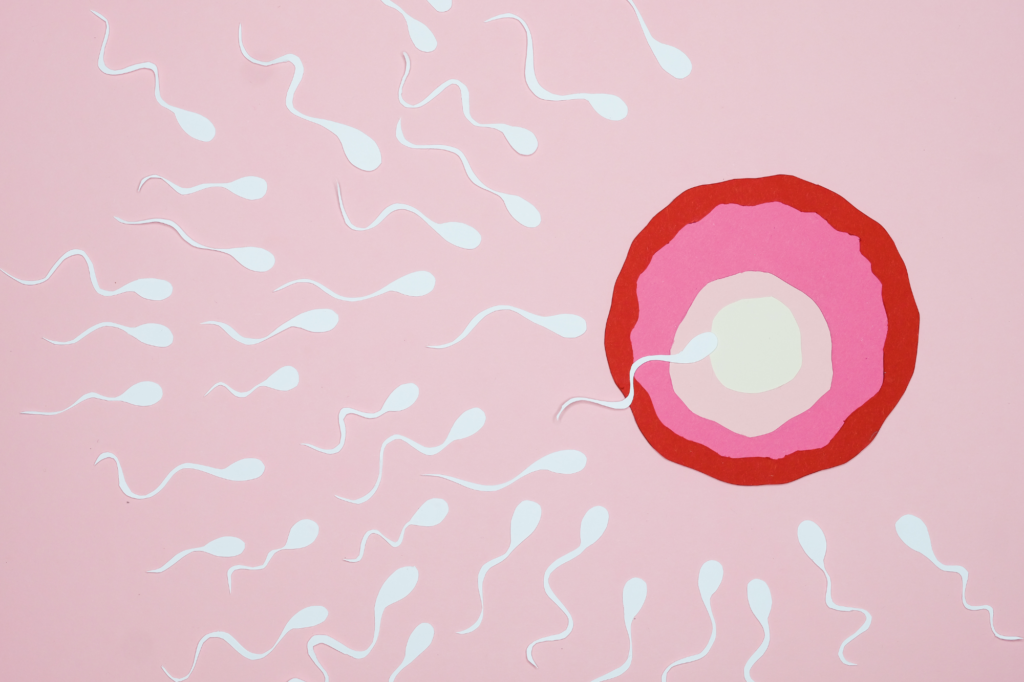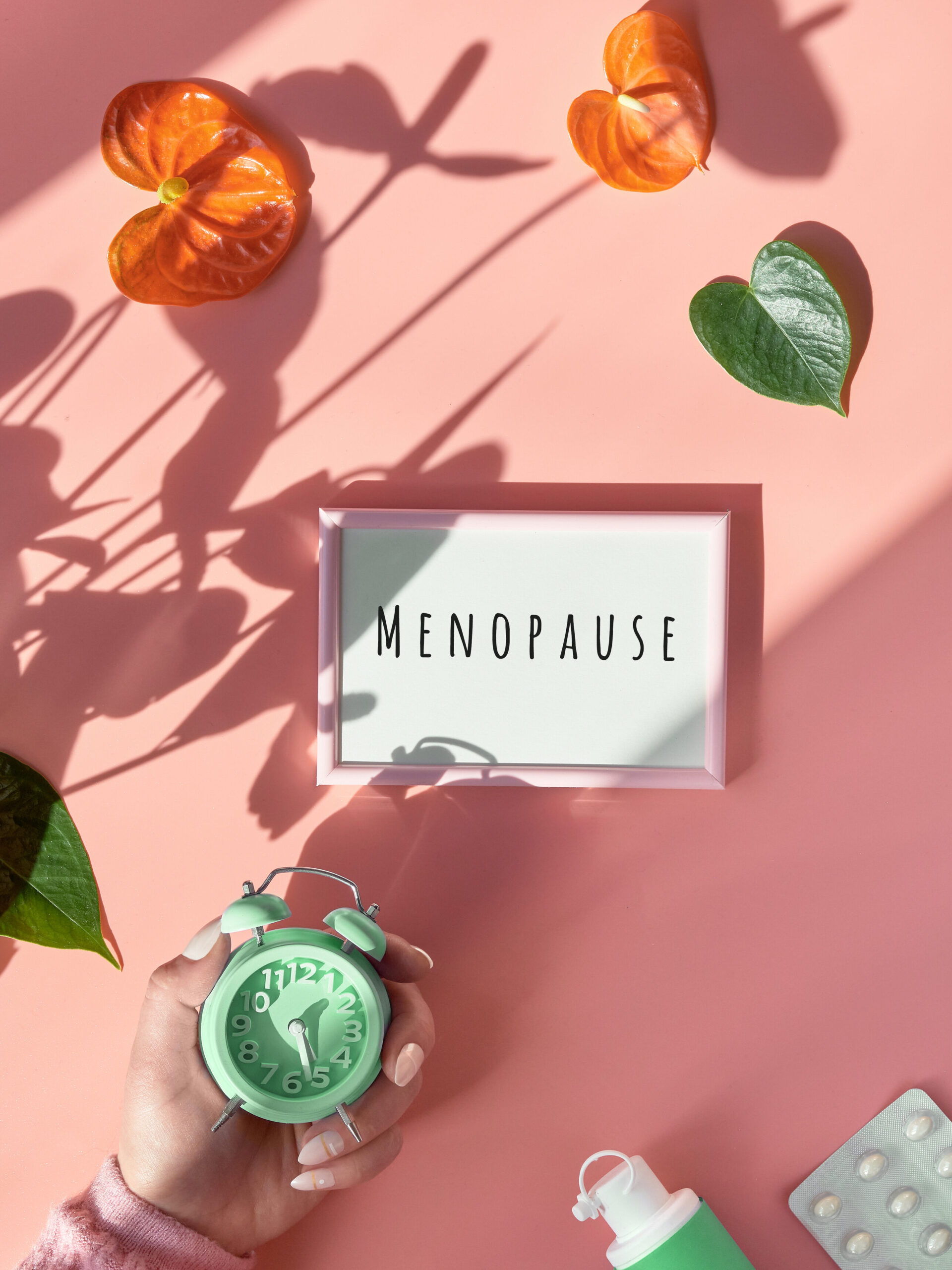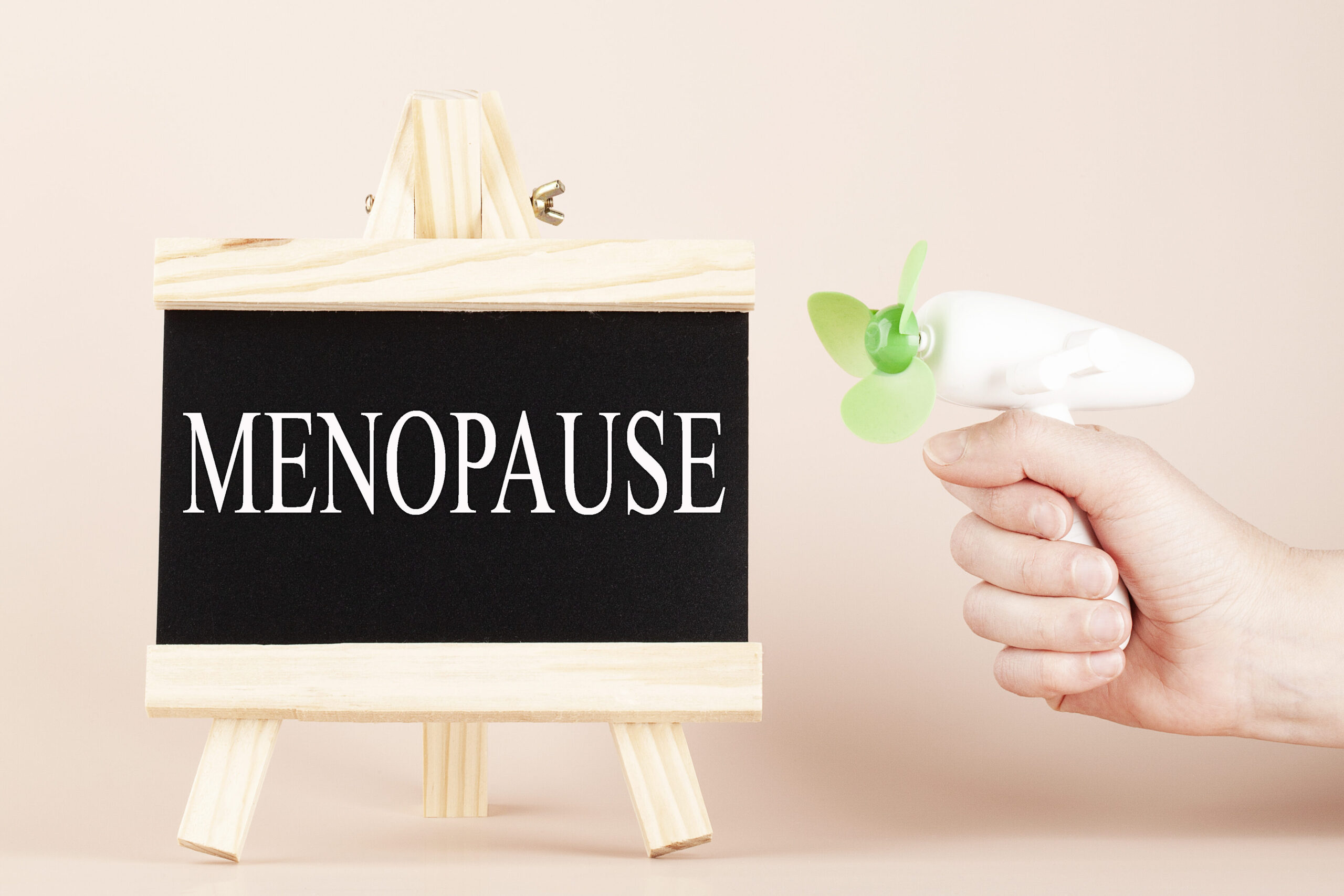Many of the women who are helped in the Glenville Nutrition Clinic who are in their thirties or forties are concerned about changes in their menstrual cycle. The most common worry is that the timing of bleeding is different or their cycle is a week earlier or later. ‘I’m usually regular,’ they tell me. ‘This isn’t what I’m usually like.’ ‘What’s going on?’ Others want to know if their irregularity is a sign of impending menopause.
Although the hormonal changes that signal the beginning of menopause can cause cycle changes, such as skipping a period one month followed by a real drencher the next, it is important to understand that many other things can cause the timing of your periods to change and these include stress, travel, job change, moving house, over exercise and poor eating habits.
Although diet and lifestyle changes can trigger menstrual irregularities there is no getting away from the fact that the journey into the menopause is typically accompanied by menstrual changes and these are perfectly normal and natural changes are most likely to occur in your late 30s and forties. But how can you tell if your cycle changes are diet and lifestyle related or menopause related?
The answer is to follow the diet and lifestyle advice below which is all designed to help regularise your periods. If this still doesn’t help, listen to your body and keep a note of your bleeding and symptoms that occur during your cycle. This will help you distinguish the normal irregularities of the menopause from really unnatural symptoms, such as hair loss, acne, facial hair and fatigue that require attention or treatment. And if you are concerned in any way consult your doctor immediately because irregular or absent periods are also a symptom of very common hormonal imbalances in women, such as thyroid disorders and polycystic ovary syndrome (PCOS).
Heavy bleeding (menorrhagia) is one irregularity that is typical among peri-menopausal and menopausal women. Flooding is a response to changing hormonal levels. Excessive bleeding may, however, be linked to other medical conditions such as fibroids so once again it is wise to consult your doctor if a period lasts more than twice as long as it ever did or if there is a persistent low back/pelvic pain.
If underlying medical issues have been ruled out you need to understand that your cycle will change as you age. Many of us think that our bodies will stay the same forever, but it is perfectly normal for periods to change in women over the age of thirty. So, although irregular periods in your 30s and 40s can’t always be controlled, following the diet and lifestyle recommendations below will encourage regularity and ensure you aren’t making things worse for yourself than they need to be.
Pay attention to the signs and plan ahead
Your body often gives you signals when a period is due. You may feel breast tenderness or bloating so learn to listen to your body. It also helps to plan ahead by having pads or tampons stored in your bag, car or office in case of emergencies.
Eat a hormone balancing diet
A healthy diet rich in whole grains, fruits, vegetables, legumes, nuts, seeds and oily fish will give your body good amounts of the nutrients it needs to balance your hormones and encourage regularity. Most important of all a healthy diet will ensure that your blood sugar levels are balanced. Blood sugar imbalances often trigger hormonal imbalances, which in turn trigger irregular periods.
Take a multivitamin and mineral
As much of the food we eat today has had the vitamins and minerals processed away, a good quality daily multivitamin and mineral that includes B vitamins, zinc, vitamin C, beta carotene, selenium, calcium, magnesium, chromium and vitamin E will be a good insurance policy to make sure your body isn’t deficient in the essential vitamins and minerals it needs for a healthy menstrual cycle.
Get your Omega 3s
Make sure you eat plenty of nuts, seeds and oily fish to ensure you are getting enough omega 3 essential fatty acids. Omega 3 fats are important for hormone balance and menstrual cycle regularity. Aim for a fish oil containing 770mg EPA and 510mg DHA.
Maintain a healthy body weight
Managing your weight is important as studies have shown that women who are underweight or overweight tend to have irregular cycles. When you lose too much weight your reproductive cycle often shuts down. Experts believe this is simply nature’s way of stopping you getting pregnant when your body doesn’t have the fat reserves to support a pregnancy and breastfeeding. And the same is true for if you gain too much weight. Excess body fat increases oestrogen production and this can trigger irregular periods.
Watch your stress levels
Stress is a well-known inhibitor of periods. Many women find that they skip a period when they move house, travel or change job. If your life is stressful make sure you take time out every day to relax and unwind or simply daydream.
Exercise, but don’t over do it.
Regular, moderate exercise for at least 30 minutes a day can help balance your hormones and encourage regularity. The key word here though is moderate as exercising too long or too hard can make periods stop or become irregular.
Important nutrients
Foods rich in phytoestrogens, such as legumes and flaxseeds can help ease heavy bleeding because they can help to balance your hormones and keep oestrogen under control and prevent excessive build-up of the lining of the womb. Foods rich in vitamin A, B, C and zinc, such as wholegrains, fruits, vegetables, nuts and seeds, are also important for heavy bleeding but it is especially important to make sure you are getting enough iron. Ask your doctor to confirm whether or not you are anaemic. Omega 3 essential fatty acids can also be an important way to control heavy bleeding so include an omega 3 supplement if you do not eat much oily fish.
If you would like to explore whether a consultation with an expert nutritionist at the Glenville Nutrition Clinic could help you, please contact us on 01892 515 905 or send us an email at reception@glenvillenutrition.com




